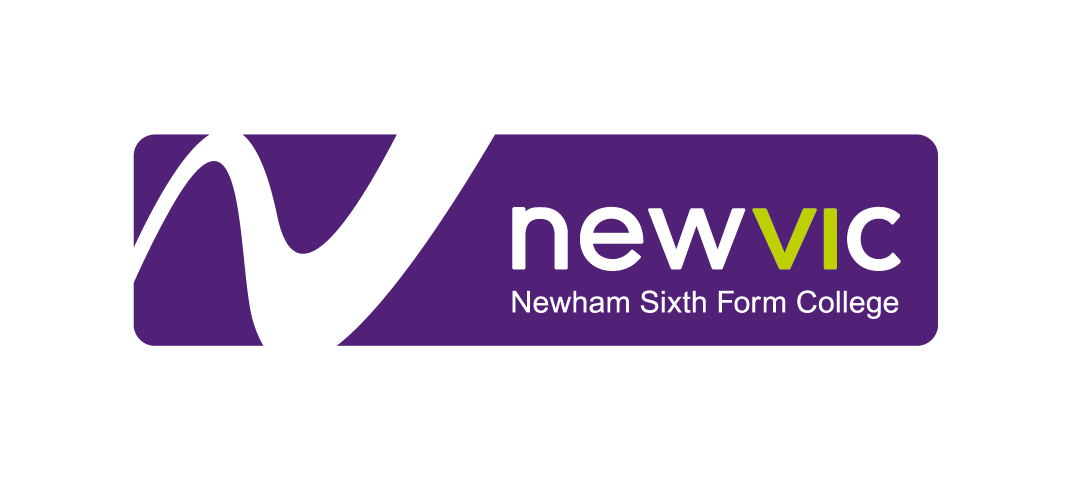TV and Film
LEVEL 3 EXTENDED CERTIFICATE
This course is equivalent to one A Level and is taken as part of an A Level programme.
In a world saturated with video content we can give you the skills and knowledge to make your films stand out, be noticed and get you ahead in a competitive yet rewarding field. This course is designed to give you an introduction to the TV and Film industry. Through a range of practical projects you will research, plan and produce a variety of programmes and films. You will use industry standard editing software and have access to professional quality cameras and other production equipment.
KEY TOPICS
film industry practices
documentary
music video
TV advertising
TV drama
short film production
film and TV theory
YOU WILL
develop technical skills across a range of disciplines
plan, produce, film and edit TV and film productions
develop scripts and professional pitching techniques
develop your communication skills
+ Entry requirements
A minimum of 5 GCSEs (average score of 5)
These must include:
- English Language at grade 4
- Maths at grade 4
+ Assessment
Assessment methods include:
- Coursework
- Exams
+ What can I study with this course?
This course can be taken as part of an A Level programme.
We recommend that students choose three A Levels or a combination of Level 3 Extended Certificates and A Levels. Depending on your GCSE grades and long-term destination, some students may be able to take up to four A Levels.
If you are planning on progressing to university, the majority of university courses do not require specific subjects. Most universities prefer that you are able to demonstrate skills and competance via the successful completetion of related courses. Therefore we recommend that the most important thing when choosing course combinations is that you choose a range of subjects that your enjoy and excel in.
We do not recommend that your take two courses that are similar to each other in content.
Some courses and universities require that you take specific A Levels for entry onto their courses. Please visit: UCAS.com and explore individual university entry requirements for more information.
If you are planning on studying Medicine, Veterinary Science, Dentistry or other competitive science based courses, most universities require you to take Biology, Chemistry and either Maths, Statistics or Physics.
If you want more information on choosing your A Levels, please speak to your schools career advisor or chat to us at any of our careers or open day events.
+ Why study at NewVIc
The UK’s booming creative industries include advertising and marketing, arts and film, tv and radio, museums and galleries and are all part of a sector worth over £95 billion.
PROFESSIONAL WORKSPACE
You can expect to work in the dedicated Media-Suite using MACs that have specific media and design software. You will have access to up-to-date camera and filming equipment as well as enjoy the use of various editing suites to master your projects.
UNIQUE LINKS AND PARTNERSHIPS
- BBC
- BT Sports
- ITV
- Plexal
- Adobe
- Slade School of Art
- UAL colleges
- UEL creative department
EXPERT PRACTITIONERS
The Media team have expert academic qualifications including PhDs and Masters degrees from a range of creative disciplines. The team includes successful published authors, journalists, professional artists, photographers and TV producers and editors.
Be part of a welcoming community of artists, performers, designers, and makers. Experiment, take creative risks and hone your craft. Study is creative and projects are thought provoking and exciting. The spaces that you learn in reflect the quality studios found in the professional world. Your workshops and projects will be led by current working artists and directors, including our own successful alumni from across the industry.
+ How we support you
Whatever support you need, we’re here for you and will make sure you get the most out of your time at college.
We have expert teams in place to look after every single one of our students.
Our specialist teams can help with:
- Learning difficulties
- Physical and sensory disabilities
- Dyslexia, Dyspraxia, ADHD, Aspergers or other specific learning difficulties
- Mental health, counselling and wellbeing
- Exam access arrangements
- Money, finance and bursary advice
- Careers advice, job and university applications
+ Next steps
A variety of options will be open to you after completing this course, including further study in higher education.
This course is relevant to careers such as film and TV production, post production, advertising and marketing, research and events management.
+ Top universities for Communication and Media Studies
The Complete University Guide give university rankings each year. If you are planning on progressing to university, find out which universities are ranked most highly for Communication and Media Studies.

